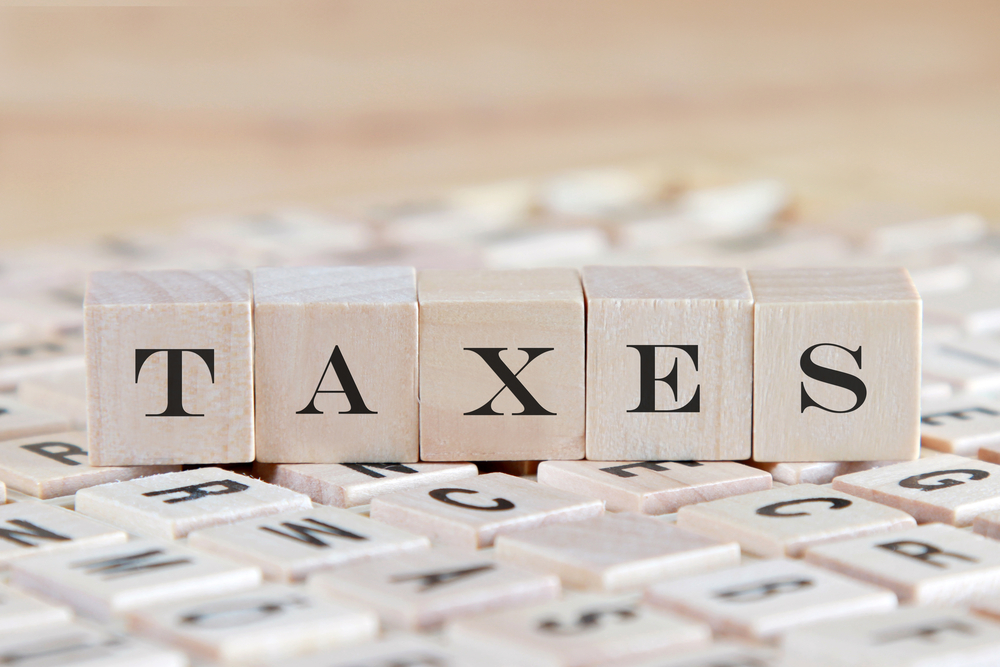The tax incentives for investing in ESIC (early stage innovative companies) are incredibly generous. Sadly ESIC tax rebates are not being properly explained to Perth families by their business accountants.
A 20% tax rebate
If you invest in an ESIC company the government will give you a whopping 20% tax rebate against the capital cost of your investment.
So if you invest $150,000 you will enjoy a $30,000 tax reduction, if you invest $300,000 you will get a $60,000 tax reduction. This reduction in tax is just that – a tax rebate. It is not an extra tax deduction that is dealt with at marginal tax rates.
And the tax forms to complete and enjoy the incentive are surprisingly simple. Any smart business accountant in Perth should be able to complete the forms without too much hassle.
Comparison to superannuation
The value of the tax rebate should not be underestimated. Many people have sworn off superannuation forever and refuse to consider superannuation. The ability to enjoy ESIC tax concessions can start to feel like the same tax benefits available in a superannuation environment.
A person earning $300,000 a year and investing monies into an ESIC company will effectively incur a tax rate of 27% (47% tax less the 20% rebate) compared to making a tax concessional contribution to their superannuation fund and incurring tax at the rate of 30% (the 15% income tax plus the 15% surcharge).
If the capital gains tax concessions are then factored into the equation (see below) we can start to see another similarity to superannuation in a pension environment – without the $1.6m superannuation cap.
Of course a poor investment experience with superannuation is not a tax result; it was more of a poor investment experience. And an ESIC investment in a superannuation fund will also enjoy the same 20% rebate (but read the tests below!).
A few key restrictions
So with any generous tax incentive; the government has to introduce rules to stop abuse. Otherwise a raft of tax advisors will attempt to manipulate the system and create artificial investments that only chase the tax planning benefit.
The big restrictions are:
- Limited benefits for non-sophisticated investors
If you are somebody other than a “sophisticated investor” your tax rebate on your ESIC investment is limited to $50,000 worth of investment. This rule is to effectively ensure that a lot of unprepared people are not lured into technology start-up investments.
If a person who is not a sophisticated investor purchases more than $50,000 in a technology start-up they will lose all of the tax rebate.
For example – John invests $48,000 into an ESIC investment. He can enjoy a tax rebate equal to $9,600. However if John tipped in another $3,000 into the same investment he will get no tax benefit.
- Generous caps for sophisticated investors
If you are a sophisticated investor the maximum investment that can qualify for the ESIC tax offset is $1,000,000. So a sophisticated investor making a $1,000,000 investment into an ESIC investment will enjoy a $200,000 reduction of their tax liability on the purchase.
- Only new shares qualify
You must be issued shares in the ESIC company. Simply buying them off an existing shareholder will not qualify.
Your investment into the ESIC company must be by purchasing shares. Lending monies will not qualify as an investment.
It is a great idea to run the documents past your business accountant and obtain an opinion on the tax treatment. We have also seen some clients obtain a private tax ruling from the Tax Office to give to investors.
- Only private investors and families
The investment is made by a privately held business or at a family level. ASX listed companies or unlisted public companies do not qualify.
- Third party investments only
The company undertaking the innovation must not be associated with the shareholder. So if oyu are investing in a business you control you will not enjoy the 20% tax rebate.
Further, if you hold more than 30% of the issued capital in the ESIC company you will not qualify for the ESIC rebate.
So who is a sophisticated investor?
To qualify as a “sophisticated investor” your tax accountant will simply need to issue a letter confirming that you qualify that you meet the legislated hurdles.
The hurdles are that:
- You have had a taxable income in excess of $250,000 for the last two years; or
- You have net assets in excess of $2.5m
The rules become more complex for superannuation funds and discretionary trusts. The interpretation of “control” and net assets becomes complicated in some instances.
A financial product advisor can also certify that a persons financial knowledge makes them qualify as a sophisticated investor. This approach is rare as many financial product advisors are limited by their licensee as to how they can support their clients. This may not be the case if your financial product advisor is not part of a large bank distribution channel.
The downside of being a sophisticated investor is that investment product advisors can dispense with the need to give potential investors certain statutory protection mechanisms like a product disclosure statement. The lack of these, often expensive, investor protection mechanisms can also open up a raft of higher risk, and potentially more financially attractive, investments.
What is an Early Stage Innovative Company?
To qualify as an ESIC you must be
- Registered in Australia; and
- Be less than 3 years old; and
- Have an income of less than $200,000 in the previous year; and
- Have expenditure of less than $1m in the previous year.
In addition a company must satisfy a 100-point test. However if more than half of the expenses made qualify for the R&D grant and if the company holds a patent – it qualifies for the innovative test.
The 100 point test can be self-assessed by the company itself. Alternatively a private tax ruling should be sought.
There are tests other than the 100 point test. However most of our clients are seeking to apply under the 100 point test as the eligibility is generally pretty easy and the tests are clear.
No capital gains tax on ESIC shares
If you hold ESIC shares for more than 12 months but less than 10 years – you will not pay capital gains tax on the sale of the shares.
If you hold ESIC shares for more than 10 years you tax purchase price of the shares will become the market value of the shares on your 10 year anniversary.
The ability to sell your shares free of tax in a unique Australian tax characteristic and comparable only to the family home. Given that most investments in ESIC-type companies are looking for very high capital growth this criteria should be looked upon favourably by many families who invest regularly.
The flipside is that any loss made on the shares does not qualify as a capital loss. And given the high risk nature of these type of investments this is a very real risk for many people.
Conclusion
If you or your family are starting your business in Perth your tax accountant should be a great starting point to discuss you business plan incorporating your tax and finance strategy. Any family starting a business in the technology space will almost always look to outside investors and the tax incentives offered by the government are a welcome addition to the raft of government initiatives in this space.




